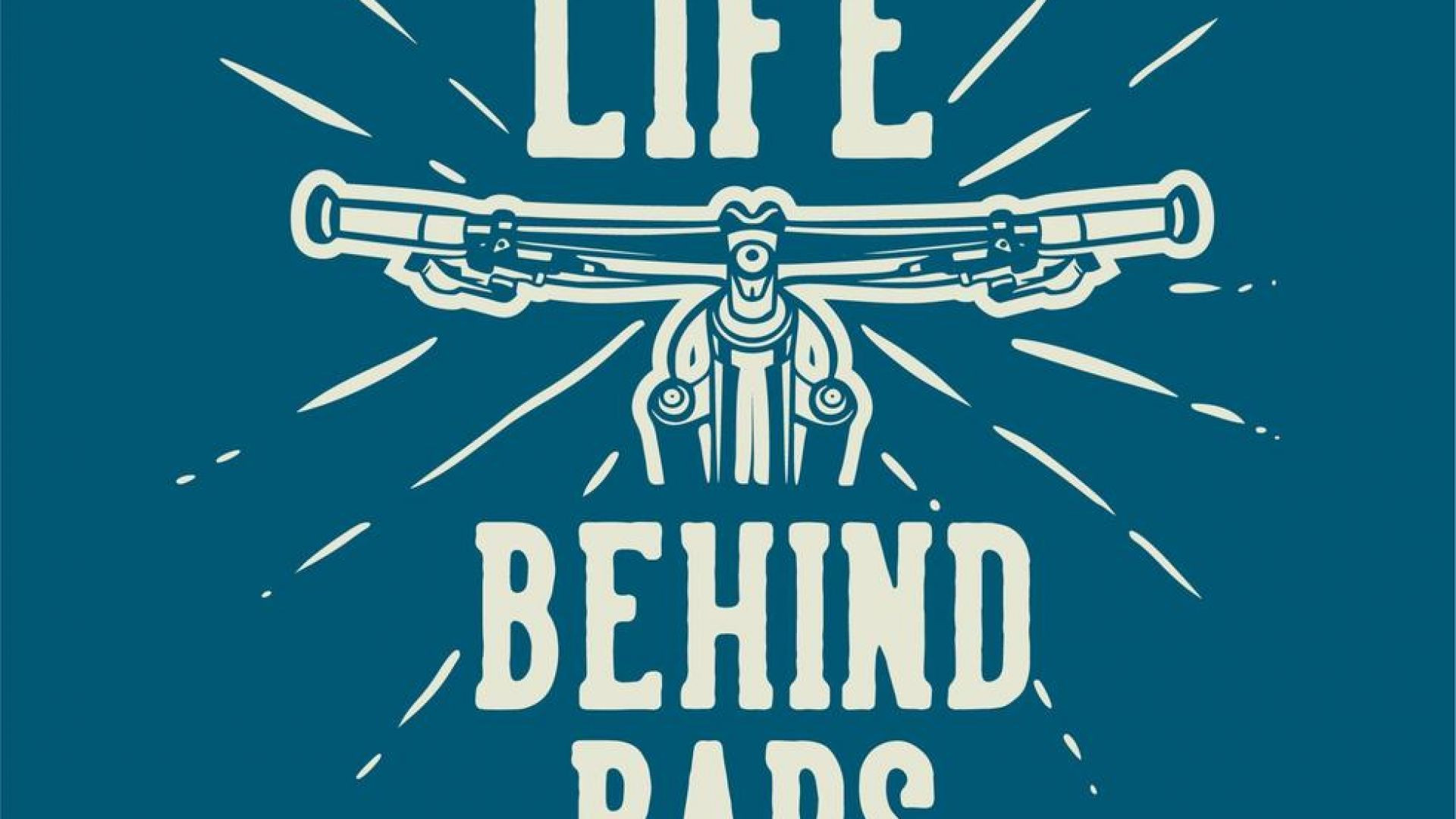Live streaming on Altcast.TV is now available!
23 & ME 🦎 THIS LIZARD DNA CAME OUT TO BE AN ASHKENAZI JEW 🤣
Source: https://gab.com/RedPedePolitic....s/posts/111855938418
Thumbnail: https://br.ifunny.co/video/red....dit-ether-discussion
https://www.reddit.com/r/23and....me/comments/o9ve1y/m
https://customercare.23andme.c....om/hc/en-us/articles
23andMe has three features that can identify evidence of Jewish ancestry from your DNA:
Ancestry Composition
First, you may have evidence of Ashkenazi Jewish ancestry in your Ancestry Composition Report (Figure 1). DNA clearly shows connections among those who consider themselves to be Ashkenazi Jewish: two Ashkenazi Jewish people are very likely to be "genetic cousins," sharing long stretches of identical DNA. This reflects the fact that the Ashkenazi Jewish population expanded relatively recently from a small initial population.
Maternal Haplogroup
Second, you may have evidence of Jewish ancestry in your mitochondrial haplogroup (also known as a maternal haplogroup), available in the Maternal Haplogroup Report. The mitochondrial haplogroup is determined from your mitochondrial DNA, which is passed from mothers to their children (Figure 2).
Four mitochondrial haplogroups are found at high frequency in people of Ashkenazi Jewish ancestry and rarely found in non-Ashkenazi Europeans: N1b, K1a1b1a, K1a9, and K2a2a. Therefore, Europeans carrying one of these haplogroups likely have Ashkenazi Jewish ancestry on their mothers-only line. However, approximately half of people with Ashkenazi Jewish ancestry do not carry one of these four haplogroups, so having a different haplogroup does not mean you don't have Ashkenazi Jewish ancestry.
Paternal Haplogroup
Third, you may have evidence of Jewish ancestry in your Y-chromosome haplogroup (also known as a paternal haplogroup), available in the Paternal Haplogroup Report. The Y-chromosome haplogroup is determined from the Y chromosome, which is passed from fathers to their sons (Figure 3). Only men have Y chromosomes, but if a close paternal relative (for example, your father, brother, or paternal uncle) has also been genotyped, you can learn about your paternal ancestry from his haplogroup.
As is the case for mitochondrial haplogroups, several Y-chromosome haplogroups are far more common among Ashkenazi Jews than among other Europeans. Carrying one of these paternal lineages may indicate Ashkenazi Jewish ancestry.
https://blog.23andme.com/artic....les/ashkenazi-ancest
Excerpt:
Tracing the History of Ashkenazi Jewish Ancestry
People of Ashkenazi ancestry first migrated to Southern Europe around 2,000 years ago, coming from Western Asia.
Then — in the Middle Ages — many Jewish people living in southern Europe moved north. They primarily settled in northeastern France and western Germany near the Rhine River. It was there that their distinct religious, cultural, and Ashkenazi Jewish identity formed.
The word “Ashkenazi” is thought to come from the name “Ashkenaz,” a descendant of Noah named in the Hebrew Bible.
Although Ashkenazi Jewish ancestry is under the umbrella of “European ancestry,” it’s clear from numerous studies that people of Ashkenazi ancestry are distinct from other European populations.
https://blog.23andme.com/artic....les/detail-for-ashke




![THE (((SECRET RELATIONSHIP))) ₪ BETWEEN BLACKS AND JEWS [THE ASHKENAZI SLAVE TRADE EXPOSED]](https://s3.us-central-1.wasabisys.com/altcast1/upload/photos/2024/10/yucPrCYhiRcYB5VIbug5_07_b35cf5445d97556400118866e5fea48e_image.png)
